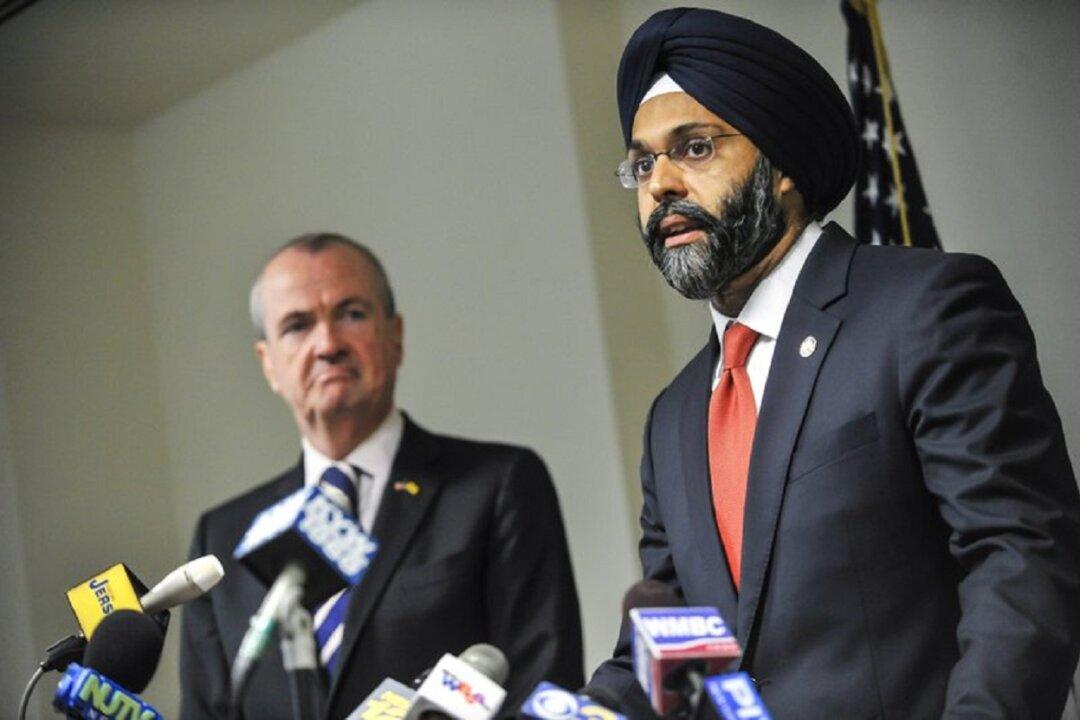Hundreds of inmates will be released by Tuesday morning by jail officials in New Jersey, including inmates who are serving sentences as a condition of probation.
Inmates whose sentences stemmed from a conviction in municipal courts were also being released, under an order (pdf) from Judge Stuart Rabner, the chief justice of the New Jersey Supreme Court.





